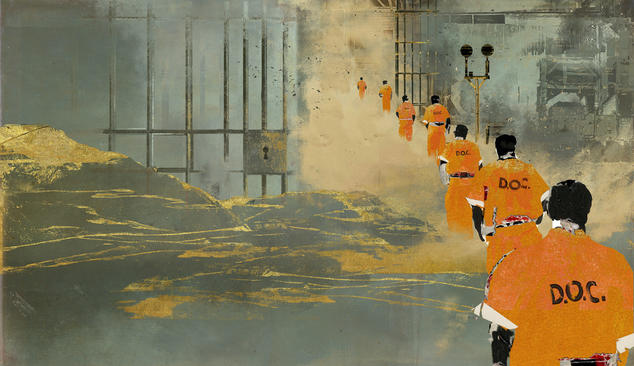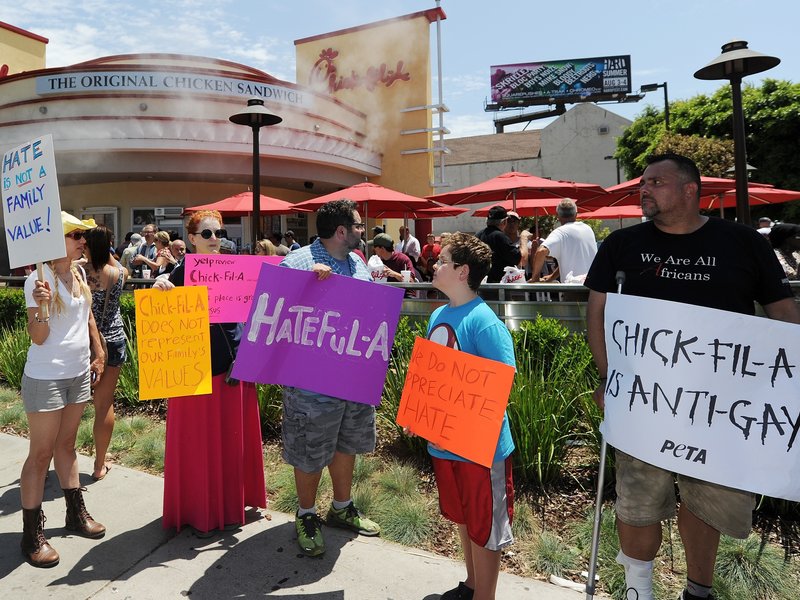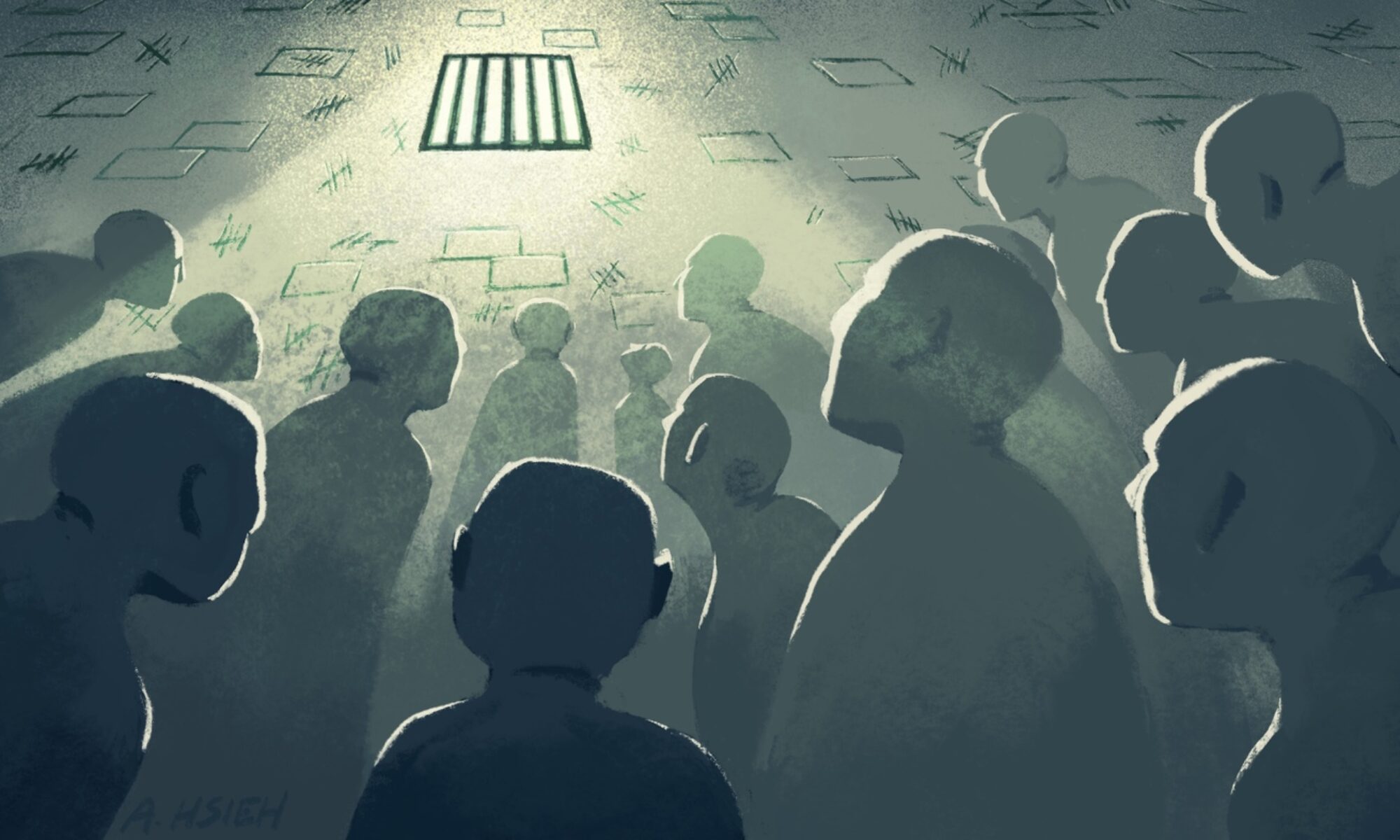Mass incarceration is certainly a systemic problem that will require action on all levels to begin rectifying. People in the United States are jailed at the highest rate in the world, many serving unnecessarily long sentences or jailed for non-serious crime. Most frequently targeted are Black and Brown, low-income individuals (1) . Not only does incarcerating millions of people shatter communities, but it has been proven to have adverse impacts on health, wellness and post-prison life. Important to highlight among these impacts are the hazardous water, air and land conditions that prisons often face as a direct result of extractivism. The coal industry uses land and leaves it decimated, unusable and unwanted by nearly anyone but the federal and state prison system (2). The result is Black and Brown people once again existing on the front lines of the changing climate and the toxic byproducts of large-scale factory production.

It may feel like one person alone could not possibly make a difference in combating a problem so large. The negative outcomes of mass incarceration are the result of federal and state legislation combined with years of institutionalized racism and an economy that focuses on extractivist growth rather than restoration and health. However, it’s important to remember that system-level challenges require solutions that combat the problem on all levels, including the level of the individual. In fact, in a consumer powered economy, our individual economic choices can sway corporations towards a desired outcome if effectively communicated and organized. For example, the recent boycotts of food corporation Chick-Fil-a led to the Christian, conservative company dropping its financial investments in notoriously anti-queer organizations(3). Until we can ultimately crumble the economic power dynamics upheld by the infusion of capitalist politics with government, individual use of financial leverage is one of our most effective tools to combat the influence of harmful corporate interests.

This approach could be one of the most effective ways to combat the abuses of mass incarceration on an individual level. In practice, this looks like becoming a conscious consumer- doing research on the companies you choose to patronize before spending money on their goods. It is generally good practice to be familiar with the labor practices and policies of companies you patronize, but particularly in this case, refusing to purchase from those that use prison labor can have an impact on the problem of mass incarceration. In this day and age, it’s pretty simple to do a quick google search to determine the ethics of the companies you plan to buy from. A non-exhaustive list of companies that are known to use prison labor can be found here, but more specifics will need to be personally researched. Generally, an economic boycott is most effective when done in conjunction with others, and is potentially not as impactful when done alone, but this is no reason not to partake. There can be difficulty in this task, however, as “major corporations also distance themselves from being implicated in prison labor by engaging in subcontracts with companies who then contract with the prison itself” (4). This just serves to remind us of the difficulty of ethical consumption under capitalism due to the network of abuse, damage and dark money. The most sustainable way to buy is local and community owned.
Another action that can be taken on an individual level is writing and calling elected officials and institutional officials as directed by grassroots abolitionists. The needs of community organizers will vary by region, so it is important to act individually in accordance with the goals of those on the front lines of liberation work. This could look like making calls in support of certain policies, sending emails, tweets or letters calling out institutions, and a slew of other actions that can be taken on an individual level. If done correctly, the power of the individual to sway the opinions of those with power, particularly with personal storytelling, should not be dismissed . However, if this type of individual action is taken without doing adequate research about the asks of communities most affected by mass incarceration, your action could be more harmful than helpful. One of the best ways to be effective in this work is to follow local abolitionists and prisoners rights groups on social media to stay alert for action items. For example, the organization #Fighttoxicprisons regularly updates their website and twitter with action items like email banks and phone banks to partake in. It is important to not underestimate the impact that you as an individual can have on participation in grassroots initiatives. Every voice counts towards a liberated future! Check out the get involved tab to check out more ways to take action!
Works Cited
1)https://www.sentencingproject.org/
2) https://earthisland.org/journal/americas-toxic-prisons/
3)https://www.washingtonpost.com/news/voraciously/wp/2019/11/18/chick-fil-a-drops-donations-that-angered-lgbt-groups-and-conservatives-cry-betrayal/
4) https://corpaccountabilitylab.org/
